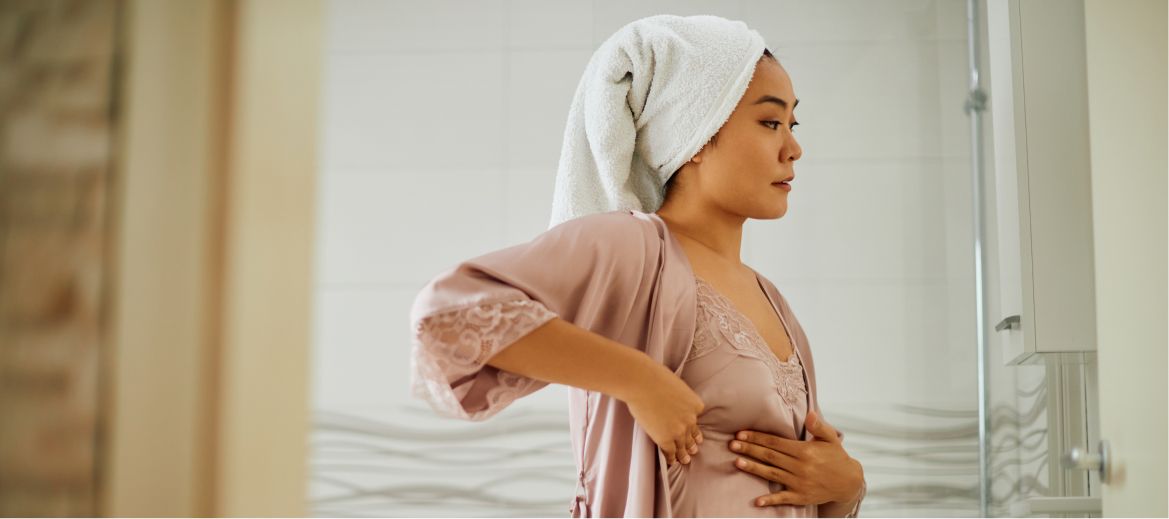Clinical guidance
Breast Cancer Q&A
Published October 10, 2023
Clinical guidance
Published October 10, 2023

In the United States, breast cancer is the most common cancer in women and other people assigned female sex at birth, except for skin cancer. The good news is there are steps you can take to prevent and detect breast cancer.
Breast cancer is a group of abnormal cells in the breast that grow and hurt healthy cells. It can happen in one or both breasts and can spread to other parts of the body.
We don’t know for sure, but you’re at higher risk for it if you:
People also tend to be at higher risk for breast cancer if they:
The best way to screen (test) for breast cancer is with a mammogram. Mammograms are x-rays of the breast tissue that can detect cancer and other problems.
Women and other people assigned female sex at birth who are 40 and older should have a mammogram every 1 to 2 years. Transgender women who have taken gender-affirming hormones for more than five years and are between the ages of 40 and 74 should consider getting a mammogram every 2 years.
Adopt healthier lifestyle habits, like eating a healthy diet, exercising regularly, not drinking too much alcohol, and not smoking.
Talk to your healthcare provider about your personal and family risk factors for breast cancer so they can give you advice.
Self-examine your breasts regularly. Let your healthcare provider know if you notice any changes, including: